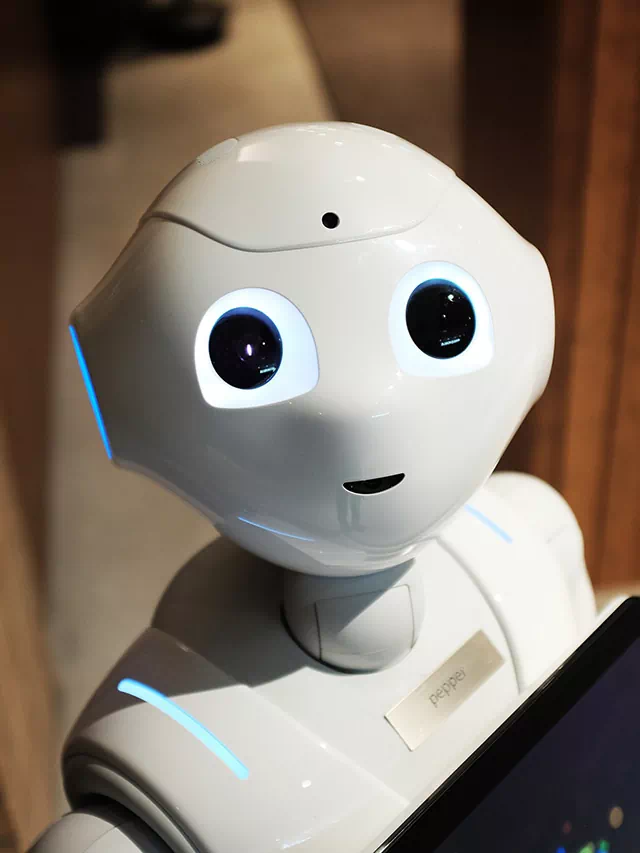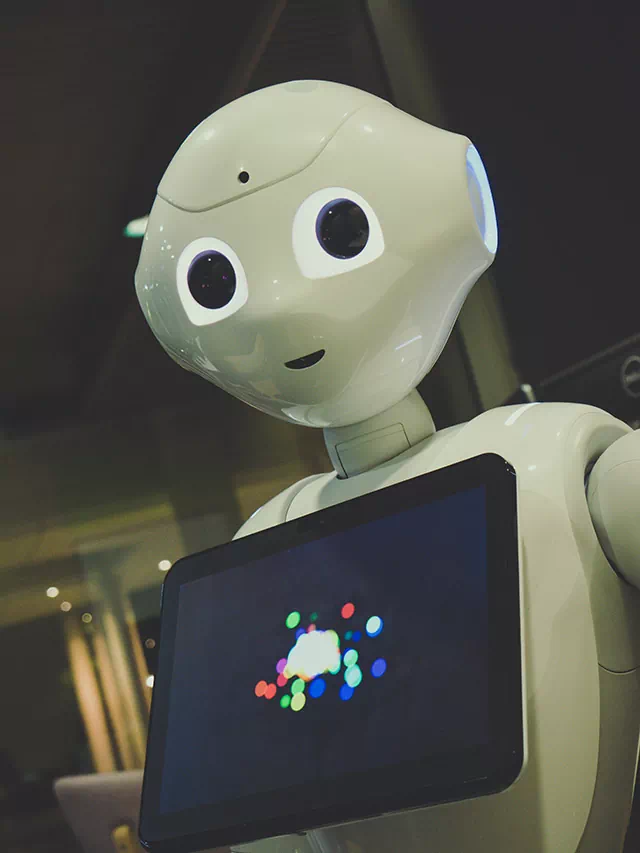The rise of artificial intelligence (AI) has led to concerns that it will result in the loss of jobs, as machines become more adept at performing tasks previously done by humans. While there is no doubt that AI will lead to the automation of some jobs, the impact on employment is complex and depends on various factors.
Here are some of the ways in which AI could impact the job market:
Automation of routine tasks:
One of the primary ways in which AI is expected to impact the job market is through the automation of routine tasks. This includes jobs such as data entry, administrative work, and basic customer service. These tasks are already being automated by AI technologies, and the trend is expected to continue in the future.
Job displacement:
As AI becomes more advanced, it is likely to displace workers who perform tasks that can be easily automated. This could lead to job losses in certain industries, particularly those that are heavily dependent on routine tasks.
New job creation:
While AI may lead to the loss of certain jobs, it is also likely to create new job opportunities. These may include jobs related to the development, deployment, and maintenance of AI systems, as well as jobs in industries that are expected to benefit from the integration of AI.
Skill requirements:
As AI becomes more prevalent, it is likely to change the skill requirements for certain jobs. Workers may need to develop new skills, such as data analysis and programming, in order to remain competitive in the job market.
Economic impact:
The impact of AI on the job market is also likely to have broader economic implications. Job losses in certain industries could lead to increased unemployment and reduced consumer spending, while the creation of new jobs could lead to economic growth and increased productivity.
The impact of AI on the job market is a complex issue that requires careful consideration. While there are certainly concerns that AI will result in the loss of jobs, there are also potential benefits to be gained from the integration of AI into various industries.
Here are some additional points to consider:
Productivity gains:
One of the potential benefits of AI is that it could lead to significant productivity gains in certain industries. By automating routine tasks, AI could free up human workers to focus on more complex and creative work that requires human intelligence and expertise.
Improved job quality:
AI could also lead to improvements in job quality, particularly for workers in industries that are currently characterized by low pay and poor working conditions. By automating routine tasks, AI could make these jobs more interesting and rewarding, while also reducing the risk of workplace injuries and accidents.
Education and training:
In order to maximize the potential benefits of AI, it will be important to invest in education and training programs that prepare workers for the new job opportunities that arise. This may involve developing new skills, such as data analysis and programming, or learning how to work alongside AI systems in a collaborative manner.
Ethical considerations:
As AI becomes more prevalent in various industries, it is important to consider the ethical implications of its use. This includes issues such as data privacy, algorithmic bias, and the impact of AI on society as a whole.
Public policy:
Finally, the impact of AI on the job market is likely to require public policy interventions in order to ensure that the benefits are distributed fairly. This may include policies such as a universal basic income or investment in job training programs.
In conclusion, the impact of AI on the job market is complex and depends on a range of factors. While AI is expected to lead to the automation of certain routine tasks and the displacement of some workers, it is also likely to create new job opportunities and change the skill requirements for certain jobs. It is important for individuals and organizations to stay informed about the potential impact of AI on their respective industries and to remain adaptable and open to new opportunities as they arise. By doing so, we can ensure that the integration of AI into our society benefits everyone, rather than just a select few.



